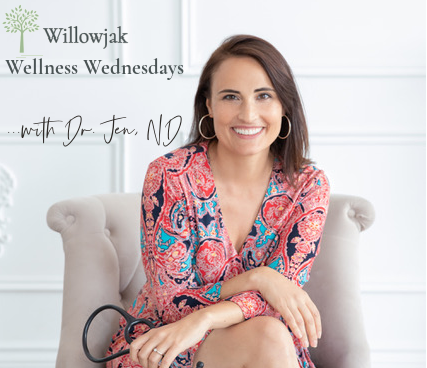Why can’t I sleep 3 days before my period?
Those who know, know. After a string of sound zzzz’s, one night you fall asleep as normal and wake up at 3am boiling hot, maybe sweaty, anxiously counting all the things you need to do and the things you didn’t do yesterday. Then the panic sets in about how you will meet the demands of tomorrow when you’re exhausted. The clock counts down to another irritable, sleep-deprived dawn.
If you’re a menstruating person, the cause is likely those pesky, wonderful, magical, irritating, emotion-overriding hormones. Three days before your period, hormones drop or become erratic causing sleep latency or waking in the night or poor sleep quality.
The two main culprits for PMS-related insomnia are estrogen and progesterone.
Estrogen excess or estrogen roller-coasters are common (especially in perimenopause) and are sometimes responsible for heat and anxiety at night. Estrogen also helps to support certain types of brain functioning, such as cognition. When estrogen levels change, your mood may change with it. High estrogen has also been shown to reduce melatonin levels.
Progesterone, on the other hand, has a calming effect on our brains that improves sleep. Anyone who has been pregnant knows the heavy sleepiness in the early days of gestation. That feeling is mostly due to progesterone. Unfortunately, progesterone tends to dip as we get closer to menopause, and we lose some of that sweet deep dreamy sleep.
So here are 5 simple tips to reduce PMS related insomnia:
1) Avoid that second cup of coffee (I know, but any more than one will affect sleep)
2) Avoid that second glass of wine (I’m a full-on buzz kill, but alcohol after 6pm will reduce deep sleep)
3) Turn that temperature WAY down at night…ideally 16c (Being too hot is one of the main reasons for waking in the night. Sorry partners)
4) Sip on some sage tea during the day (Sage reduces hot flashes and night sweats)
5) Try Magnesium Glycinate before bed (Magnesium increases GABA which is the neurotransmitter responsible for quieting down nerve activity. It is the same neurotransmitter used by sleep drugs like Ambien.
Other helpful supplements like melatonin, lavender, 5-HTP, and Chaste tree are best to be considered and discussed with your health practitioner.
If you think you have PMS, carefully track your menstrual cycles and moods on a graph for three months. Get your female hormones measured several times during the first half and second half of your cycle. While you’re at it, test your thyroid, iron, magnesium, cortisol, DHEAs, vitamin D, and liver enzymes.
People who suffer from PMS are at least twice as likely to suffer from insomnia before and during their period rising to 70% for those who have the more severe PMDD. If you are suffering restless nights before your monthly, I’m happy to talk about how to get you sleeping through the night.
I have always wanted to be a naturopathic doctor even before I knew this career existed. As a kid, I loved learning about the power of healing. I talked at length with family and friends about vitamins and minerals and, because I grew up with social worker parents, I was also passionate about mental health.
Like so many others, I ignored my heart and followed another career path. But I was miserable and lost. I worked as a flight attendant for a few years and, while traveling the world, decided to be a doctor.
Unfortunately, my personal life took an unexpected turn: I got sick, divorced, and depressed. All three, while connected, were also a painful eye-opening gift. I needed to prioritize my health and decided that I had no choice but to go back to school and become a naturopathic doctor.
It was not easy. I worked full time while in medical school and had a baby in my third year just to keep things interesting. But it was who I was meant to be and I never looked back. That’s why I’m so passionate about helping others become who they are meant to be. As E.E. Cummings stated, “It takes courage to grow up and become who you really are”.
*
Dr. Jen is a licensed naturopathic doctor. The content of her videos are intended for informational and educational purposes only and are not intended to substituted for professional medical advice, diagnosis or treatment.
Please consult your physician or qualified naturopathic doctor for medical advice.

+ show Comments
- Hide Comments